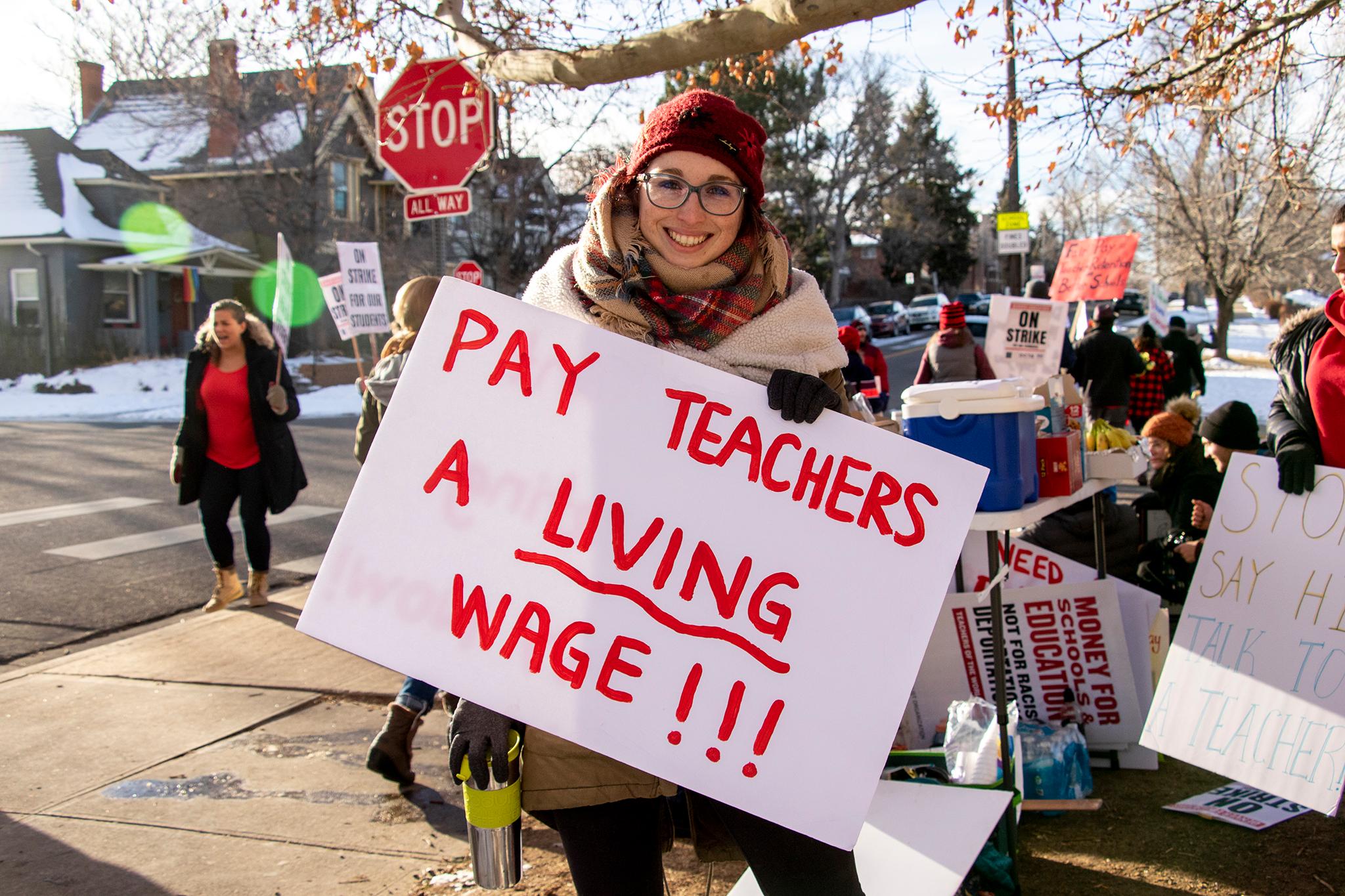Denver should get an F from teachers looking for a home.
According to results released Thursday by researchers for the online real estate company Trulia, Denver is the third least affordable housing market for teachers among 55 large metro areas across the United States. Here, teachers can comfortably afford only 5.4 percent of available homes.
Things are worse only in California, where San Jose gets No. 1 in a contest no one wants to win, with less than 1 percent of houses affordable for teachers. San Francisco is second at 5.5 percent -- some statisticians might say Denver and San Francisco are tied. Overall, the study found teachers can afford to live in fewer than half the homes on the market in 42 of the 55 metros.
The Trulia researchers looked at wage data and focused on homes currently for sale that teachers could buy spending no more than 30 percent of their income on mortgages. They found the situation was even worse for restaurant workers, who can afford 0.2 percent of available homes in metro Denver. First responders can afford nearly 30 percent.
After a three-day strike earlier this year, teachers in Denver Public Schools struck a deal that included an average 11.7 percent raise next year. The starting salary for a first-year teacher with a bachelor's degree will increase from less than $43,000 this year to more than $45,000 next year.
According to the most recent market trends report from the Denver Metro Association of Realtors, the average single-family home sold for $553,371 in April, which the realtors group said was the highest monthly average since it has been tracking prices.
Trulia senior economist Cheryl Young said for-sale homes were spending longer on the Denver market and that the city has been building a lot of houses compared to the United States as a whole. But most of the new construction has been on the higher end, she said.
"What about the people that we really need to live in our cities and our metros?" Young said.
Income earners in the bottom third are spending half their income on housing, she said.
"I don't see that coming down any time soon," said Young, who was in Denver last month for a conference organized by the city to look at affordability and other housing issues.
Young was encouraged by discussions at the summit about allowing accessory dwelling units -- granny flats -- in more parts of the city and permitting up to four living units in areas zoned SU, for single-unit.
"It sounds like Denver at least is exploring and open to a lot of different solutions," Young said.













